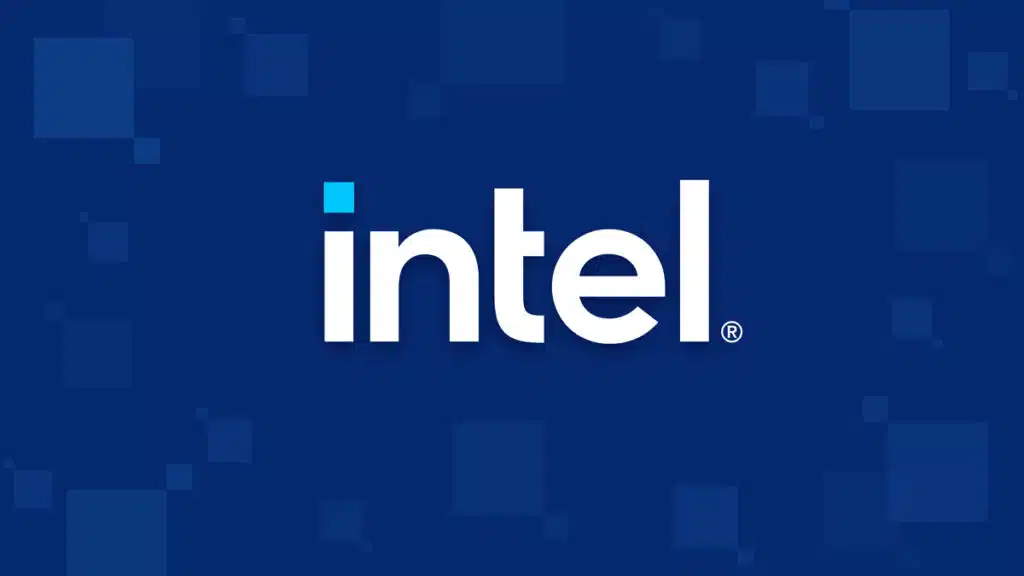Intel, the multinational corporation and technology icon that dominated the CPU landscape but has fallen from grace in recent times for troubles that include manufacturing issues, financial struggles, and mounting competition from industry rivals that include AMD and TSMC, may split into two companies in the not-very-far-off future, according to a new report that discusses how Broadcom and TSMC have been eyeing potential deals for some of the company’s biggest departments and assets.
“Broadcom has been closely examining Intel’s chip-design and marketing business,” reads a report that The Wall Street Journal published over the weekend, one that also claimed TSMC —the world’s most valuable semiconductor company—has been studying to control “some or all of Intel’s chip plants, potentially as part of an investor consortium or other structure.”
“Broadcom and TSMC aren’t working together, and all of the talks so far are preliminary and largely informal,” the publication goes on to warn, although recent activity from Intel’s interim executive chairman might suggest that the company’s leaders are open to what many would have previously called “unthinkable” deals:
“Frank Yeary has been leading the discussions with possible suitors and Trump administration officials, who are concerned about the fate of a company seen as critical to national security […],” the WSJ writes. “Yeary has been telling individuals close to him that he is most focused on maximizing value for Intel shareholders […].”
News of a potential Intel split-up comes nearly three months after the company announced that it had been awarded $7.68 billion in funding under the US CHIPS Act, an infusion designed to advance its commercial semiconductor manufacturing and advanced packaging projects in several states, including Arizona, New Mexico, Ohio and Oregon.
“With Intel 3 already in high-volume production and Intel 18A set to follow next year, leading-edge semiconductors are once again being made on American soil,” Pat Gelsinger, who was still CEO of Intel at the time, said during that announcement on November 26. “Strong bipartisan support for restoring American technology and manufacturing leadership is driving historic investments that are critical to the country’s long-term economic growth and national security. Intel is deeply committed to advancing these shared priorities as we further expand our U.S. operations over the next several years.”
Intel announced just days later that Gelsinger had retired and stepped down from the board of directors after what the company described as a distinguished 40-plus-year career.

